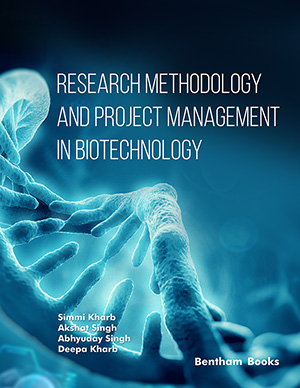Abstract
Following the success of the human genome project with 99.99% sequence accuracy, with no gaps, biotechnology has been revolutionized. Recombinant DNA technology comprises a battery of experimental procedures to isolate (clone) pieces of DNA containing specific genes. The usage of restriction enzymes for manipulating DNA and producing recombinant DNA along with advances in gene editing technology has paved way for diagnosing the candidate disease genes and treating human genetic disorders by restoring functional genes through the modification of the mutant gene or by introduction of a functional gene by Gene therapy. Array technology helps in the validation of recognized sequences, proteins, other biomolecules, drugs, etc. on a miniaturized platform. Quality management in the lab along with lab safety plans for biomedical labs requires adherence to various governmental regulations for protecting health and safety of lab employees and for the maintenance of safe working environment.
Genome analysis is carried out by genome mapping. Genetic maps can be linkage, cytogenetic or physical maps. Gene expression can be analyzed by genomics and proteomics Microarrays are emerging as useful closed systems for genomic (DNA microarray) and proteome (protein chip) analysis.
Keywords: Biohazard, DNA Libraries, Knockout mice, Lipofection, Palindromic, Transgenic mice, Transcriptome, Transduction, Vectors.






















